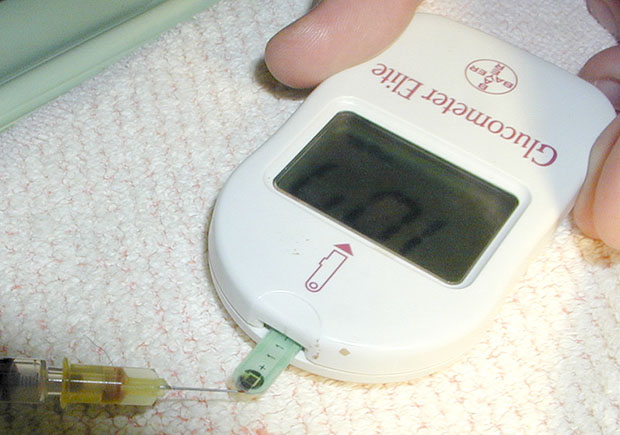Despite legislative efforts, ferret ownership is restricted in California, and keeping them as pets isn’t allowed. Nonetheless, most people know at least one person who keeps one or two; as with all pets, they need specific care as well. In the first of three articles, Dr. Palazzolo, describes a blood-sugar condition that ferrets can contract. Slip it silently to any weasel lover you know.
Ferrets have become quite popular pets recently, and for good reason—they are fun, friendly, and easy to care for. Unfortunately, they are prone to several diseases. In this first article in our series, we will discuss insulinoma, in which the pancreas secretes an excess of insulin, causing the blood sugar to lower. This is the exact opposite of sugar diabetes (diabetes mellitus), in which a lack of insulin causes the blood sugar to rise.
Low blood sugar causes a vast array of symptoms. Common ones include:
- Lethargy
- Generalized weakness
- Gazing into space (“stargazing”)
- Decreased appetite
- Weight loss
- Weakness in rear legs
- Increased salivation
- Glazed-over eyes
- Collapse
- Seizures
A diagnosis of insulinoma is suspected when a ferret shows the above symptoms. It is confirmed with a blood panel that shows low blood sugar (blood glucose). We sometimes diagnose this disease when checking the pancreas, which we always do during an adrenal-gland surgery.

A glucose meter checks the blood-sugar level in ferrets. Photo courtesy of Long Beach Animal Hospital
Medical Therapy
A change in diet and eating habits can help control the problem. Prednisone and Karo syrup are used to keep the blood glucose from going low.
Surgical
Nodular growths on the pancreas are removed. Ferrets that have had this surgery might sometimes still need to be on medical therapy.
Prognosis
Prognosis is guarded whether medical management is instituted, the nodules are surgically removed, or both.
Our website has more information about insulinoma, including pictures and video of the surgery.

